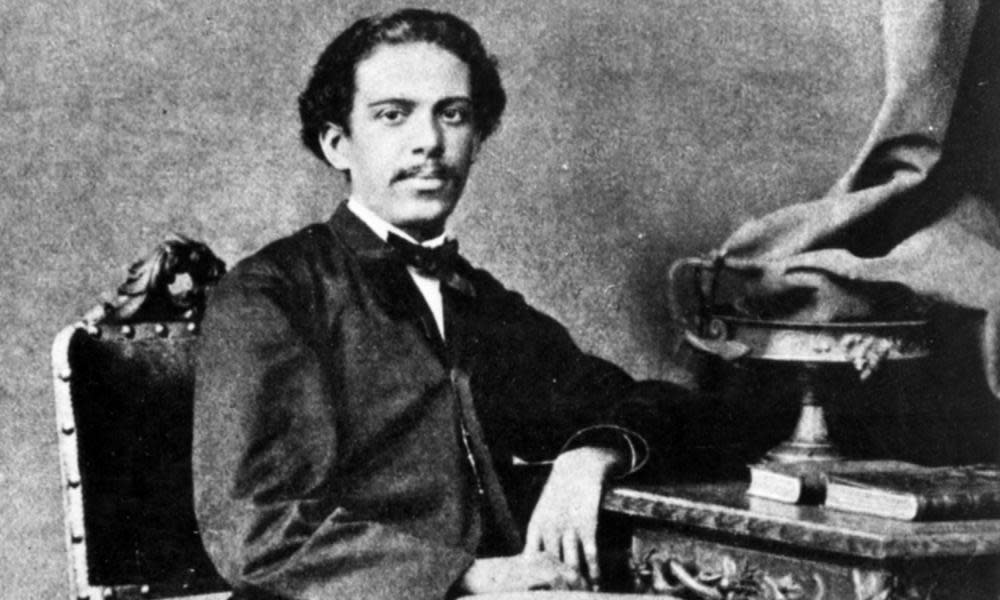The Posthumous Memoirs of Brás Cubas by Joaquim Maria Machado de Assis – review

“Is The Posthumous Memoirs of Brás Cubas a novel?” asked one critic after its publication in 1881. “Yes and no,” replied the author in a later edition. It is “a novel for some and not for others”. That about sums up this freewheeling firework of a book, the masterpiece of Joaquim Maria Machado de Assis, the mixed-race grandson of freed slaves and Brazil’s greatest author.
This new translation, by Flora Thomson-DeVeaux, is the perfect chance to get reacquainted with the delights of a book written with “the pen of mirth and the ink of melancholy”, or to discover it for the first time. It contains the memoirs of almost-nobleman Brás Cubas, written from beyond the grave and riddled with self-regard. To describe the plot is almost futile, being so various and so secondary to how Brás Cubas buttonholes the reader: “Behold the dexterity and skill with which I shall carry out the most important transition in the book.”
But there is lots going on, from attempts to make his fortune by inventing a plaster to “alleviate… melancholy”, to a rocky political career, and above all a love triangle. Posthumous Memoirs contains the whole human comedy in 160 very short chapters (“long chapters are better suited for ponderous readers”). Cubas keeps digressing – being dead, he’s in no hurry to complete his story – and his condition, with nobody left to impress, offers the advantage of honesty.
In his introduction, Dave Eggers calls the book “an unmitigated joy to read”, but “mitigated” might be better. The hectic digressions, ellipses and gaps frustrate the flow, so it’s hard to keep a handle on the characters that buzz in and out yet leave Cubas in solitude. But again Machado is ahead of us: “The book’s greatest flaw is you, reader… You love direct, robust narration and a smooth and regular style.” And Thomson-DeVeaux’s endnotes provide all the context you could wish for. They even, occasionally, cast doubt on her translation choices; a very Machadian quality indeed.
• The Posthumous Memoirs of Brás Cubas by Joaquim Maria Machado de Assis, translated by Flora Thomson-DeVeaux, is published by Penguin Classics (£12.99). To support the Guardian and Observer order your copy at guardianbookshop.com. Delivery charges may apply

